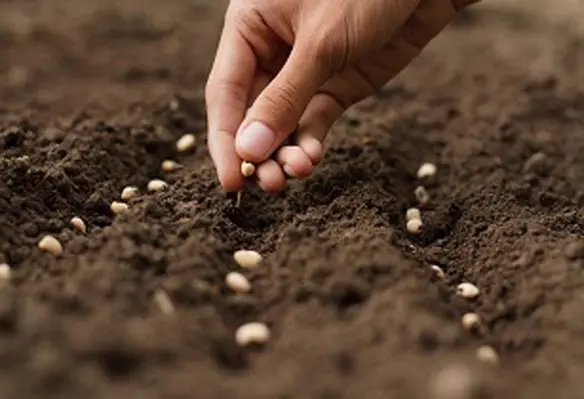Amidst increasing hunger levels and inflation in domestic food prices across several regions, Qu Dongyu, director-general of the Food and Agriculture Organisation of the United Nations (FAO), emphasised the need for collective efforts to address global food security objectives
Speaking at the G7 Ministers of Agriculture Meeting, Dongyu underlined the urgency of both immediate and long-term measures to tackle this issue.
“We need to work together in an efficient, effective and coherent manner to address the challenges, and identify the solutions needed for concrete actions leading to tangible results on the ground,” he said.
Dongyu pointed to five key actions in need of implementation regarding the roles of markets, assistance, agrifood systems, the private sector and science and innovation.
Firstly, trade continues to be key for global food security, and all nations must commit to well-functioning markets and market transparency, he said. Dongyu highlighted the value offered by the G20 Agricultural Market Information System (AMIS), hosted by FAO, and thanked Japan for its recent contribution of additional resources to AMIS to help it expand its work on fertilisers, vegetable oils and food trade logistics. It is also essential for G7 countries to continue supporting AMIS, so it can be sustainable and become stronger over time.
Secondly, the director-general pointed out that vulnerable countries need support to meet their food and fertiliser needs. This is why FAO designed the Food Import Financing Facility (FIFF). He welcomed the FAO-FIFF inspired Food Shock Window introduced by the International Monetary Fund, but said too few countries have so far benefited from this mechanism.
“G7 members should support a more flexible arrangement and less conditionality needs to be developed so that a meaningful mechanism is in place that can truly benefit all countries in need,” he said.
Thirdly, Qu stressed that “the right investments are needed now, urgently,” to transform global agrifood systems and make them more efficient, inclusive, resilient and sustainable. G7 countries need to double their efforts in order to achieve the Elmau commitment, he said. This will require prioritising a mix of least-cost measures with large hunger and malnutrition reduction and a lower trade-off to our environment. He pointed to FAO’s efforts to provide public goods by improving the availability of soil maps, extension and advisory services and advocating for more research and improved infrastructure in rural areas.
In addition, the private sector must be engaged in this transformation, and so far remains under-engaged and under-utilised. He praised Japan’s efforts to support increased private sector initiatives to facilitate the participation of smallholder farmers in sustainable value chains, and invited all countries to support FAO’s Hand-in-Hand Initiative, which seeks to engage the private sector to scale up interventions and investments in the most vulnerable countries and regions to eradicate poverty, hunger and malnutrition, and to reduce inequalities.
Lastly, advancing science and innovation, along with an understanding of the challenges ahead, are essential to ending hunger.




